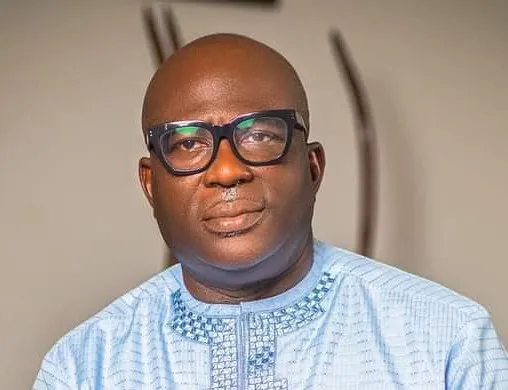Interior Minister-designate Ebenezer Okletey Terlabi has proposed large-scale farming in Ghana’s prisons as a way to address persistent food shortages in correctional facilities.
Speaking before Parliament’s Appointments Committee on Monday, February 25, 2025, Mr Terlabi described the current feeding arrangement, where inmates receive GH¢1.80 worth of food per day as inadequate.
He argued that if prisoners were actively engaged in farming, they could grow enough food to supplement their meals and even generate income for prison upkeep.
“I listened to my boss, and he said that but for agriculture in the prisons, we would have had serious insolvency because there was no way they were going to get enough food to feed the prisoners,” Mr Terlabi said.
“I think I would, when given the opportunity, help in establishing prison camps where agriculture will be practised so inmates can produce food and other resources to support their upkeep.”
The minister-designate also suggested expanding prison farms beyond subsistence levels, saying correctional facilities could supply food to secondary schools and other institutions struggling with shortages.
“If you have a place like Akuse, where prisoners go into farming, they can grow rice, but I don’t think they can feed on only rice. So, to cater for other needs, they might have to sell some of their produce to take care of other essentials for their upkeep,” he explained.
He pointed to prison farming initiatives in Burkina Faso, where inmates are engaged in large-scale agriculture, as a model Ghana could learn from.
He also suggested that the private sector could play a role in expanding farming operations in correctional facilities.
Mr Terlabi’s comments come amid concerns over overcrowding and poor conditions in Ghana’s prisons. He also hinted at the possibility of relocating prisons from urban centres to larger spaces in rural areas, where farming activities could be expanded.

